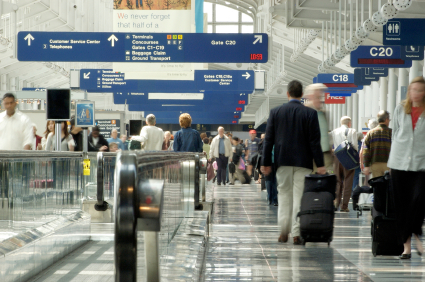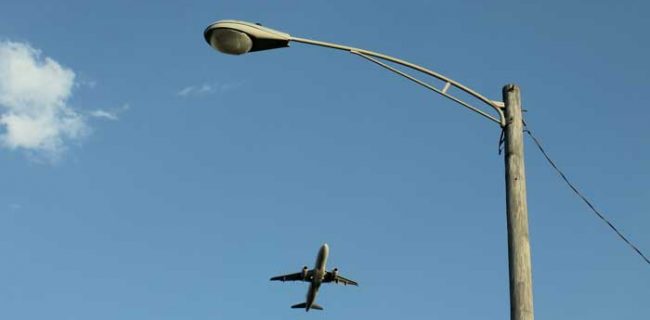In a highly encouraging development for air travelers, the U.S. Transportation Department announced that flight cancellations in 2023 have reached their lowest point in over a decade, marking a significant improvement in the realm of air travel.
Last year saw a total of 16.3 million U.S. flights, accompanied by a cancellation rate of less than 1.2%. This rate represents the lowest recorded figure since at least 2013, according to USDOT. Even more impressively, this trend continued to improve during the bustling holiday season.
Between December 17, 2023, and January 1, 2024, the cancellation rate remained remarkably low at 0.8%, despite a record number of passengers taking to the skies. This stands in stark contrast to the previous holiday season, which experienced an 8.2% cancellation rate, largely due to the Southwest Airlines meltdown that disrupted the travel plans of 2 million passengers and resulted in a historic $140 million civil penalty.
Transportation Secretary Pete Buttigieg expressed his satisfaction with the progress, highlighting the government’s efforts to hold airlines accountable for realistic scheduling. He also emphasized the need for continued improvements in flight delay rates.

In line with these objectives, the Biden administration plans to introduce rules that would require carriers to compensate passengers for lengthy delays or cancellations that are the airlines’ fault.
Airlines for America, the trade group representing major carriers like American Airlines, Delta Air Lines, United Airlines, and Southwest, reported that U.S. airlines achieved an on-time arrival rate of 83.7% in December, with a remarkable 99.6% completion factor.
The industry group attributed these positive results to the dedicated efforts of carriers over the past year, which included aggressive hiring, schedule adjustments, and investments in new technologies.
In addition to the impressive decline in flight cancellations, the efficiency of car and limo services in transporting passengers out of busy airports in Chicago played a pivotal role in enhancing overall travel experiences. These services have contributed to smoother transitions from airports to destinations, offering passengers a convenient and hassle-free journey, further solidifying the positive trends in air travel.

